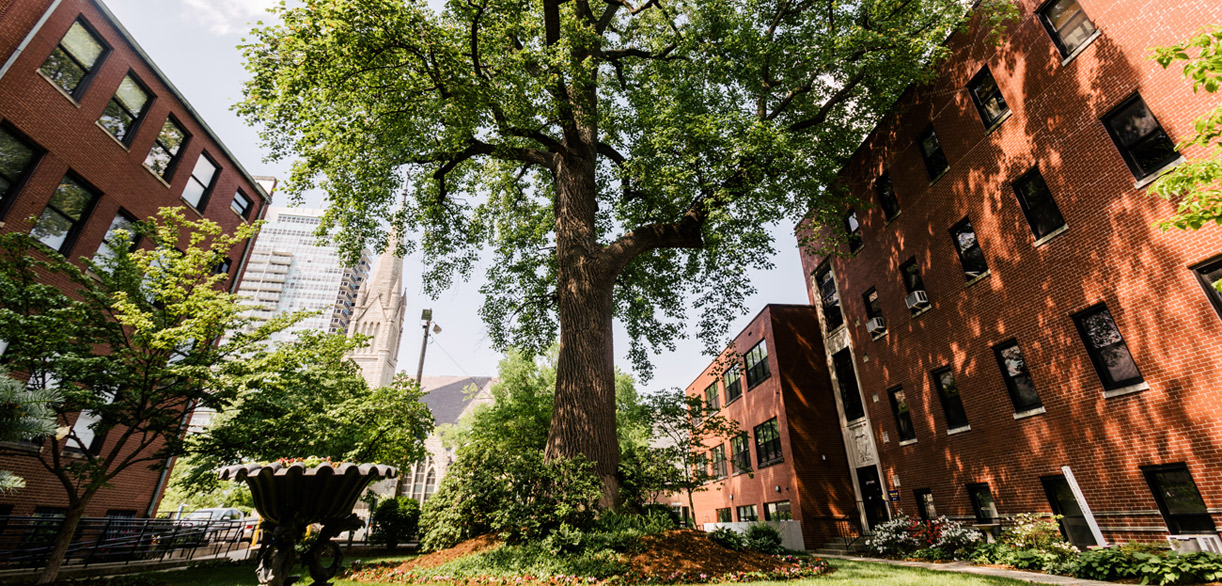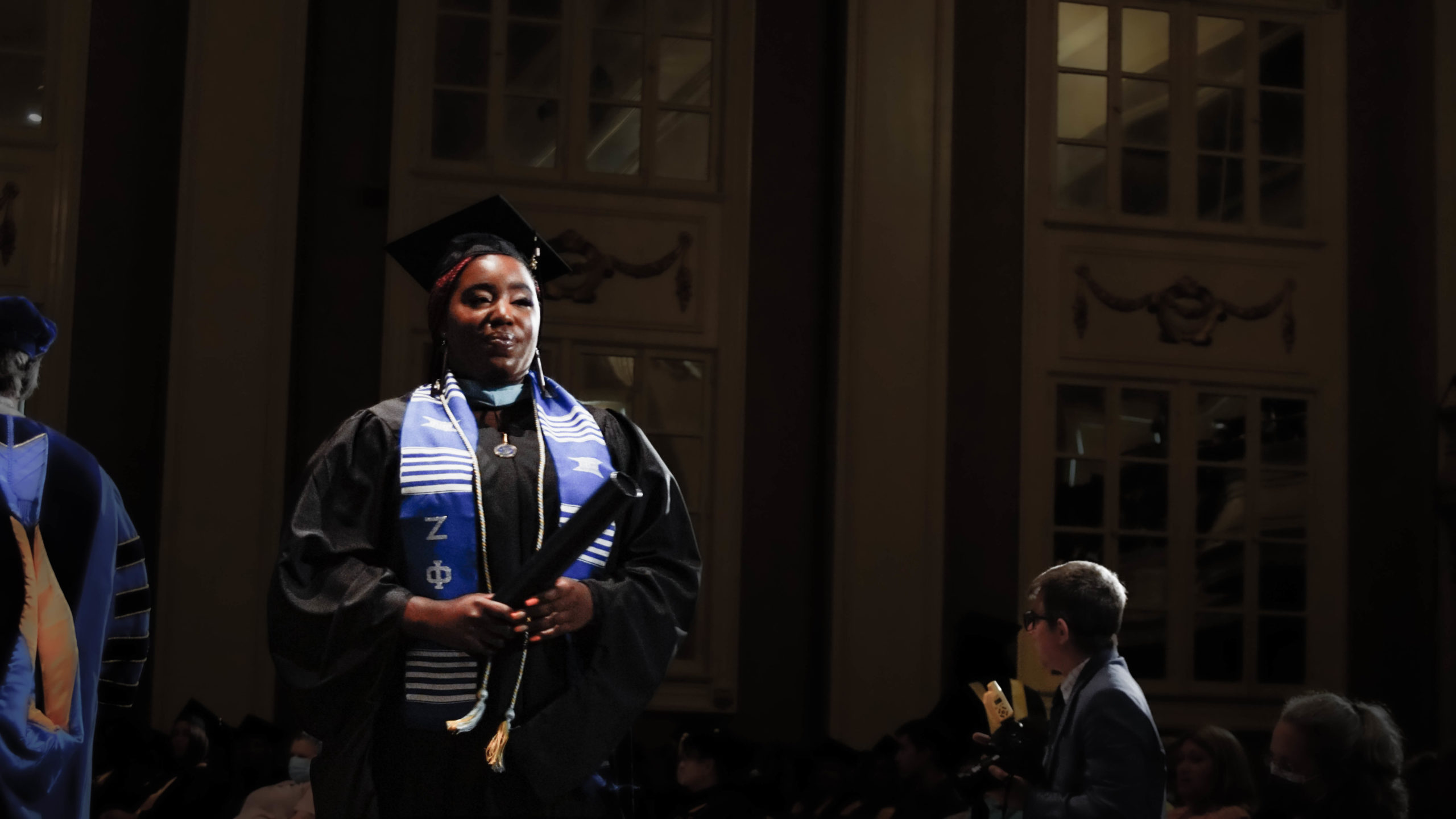Master of Arts in Teaching – Traditional/Alternative Track

About
Take your skills to the next level by earning the Master of Arts in Teaching degree. Course work and field-based experience will help you to hone your teaching methods and apply them directly to your classroom to enhance student learning outcomes. If you have an undergraduate degree in an area other than education and would like to obtain state licensure, this master’s degree in teaching is ideal for you.
Traditional Track
The traditional track allows you to complete your coursework while continuing to work with classes offered in the evenings, on Saturdays and in the summer. Most often your previous undergraduate work will satisfy you academic area requirements. You will complete the traditional program with a semester of full-time student teaching (14 weeks). The PRAXIS content area exam is not required for admissions into the traditional program.
Alternative Track
The alternative certification program is designed for teachers employed in public, private or parochial schools. While maintaining a teaching position in the field in which you wish to be certified, you can complete your degree by taking courses in the evenings, on Saturdays and in the summer. You must pass the PRAXIS professional license exam to be admitted into the alternative program.
Certifications
- Elementary (P-5)*
- Middle school (5-9)
- Secondary (8-12) – art (P-12), biological science, business and marketing (5-12), chemistry, earth science, English, mathematics, social studies and Spanish (P-12)
- Learning and behavioral disorders (P-12)
*Only offered in the traditional program
Features
- Learn to administer differentiated instruction for diverse learners
- Gain a broad range of tools for assessing student learning
- Develop teaching and leadership skills through experiential learning in local public and private schools
- Understand how to create a learning environment responsive to students’ diverse physical, social, cultural and intellectual needs
- Utilize multimedia to enhance teaching and learning experiences
Learn more about our education faculty.
Program Accreditation

Spalding University’s School of Education is accredited by the Council for the Accreditation of Educator Preparation (CAEP). That means that you are getting a quality education that follows industry best practices. Our goal is to achieve the best outcomes for every student.
See our professional licensure disclosure.
